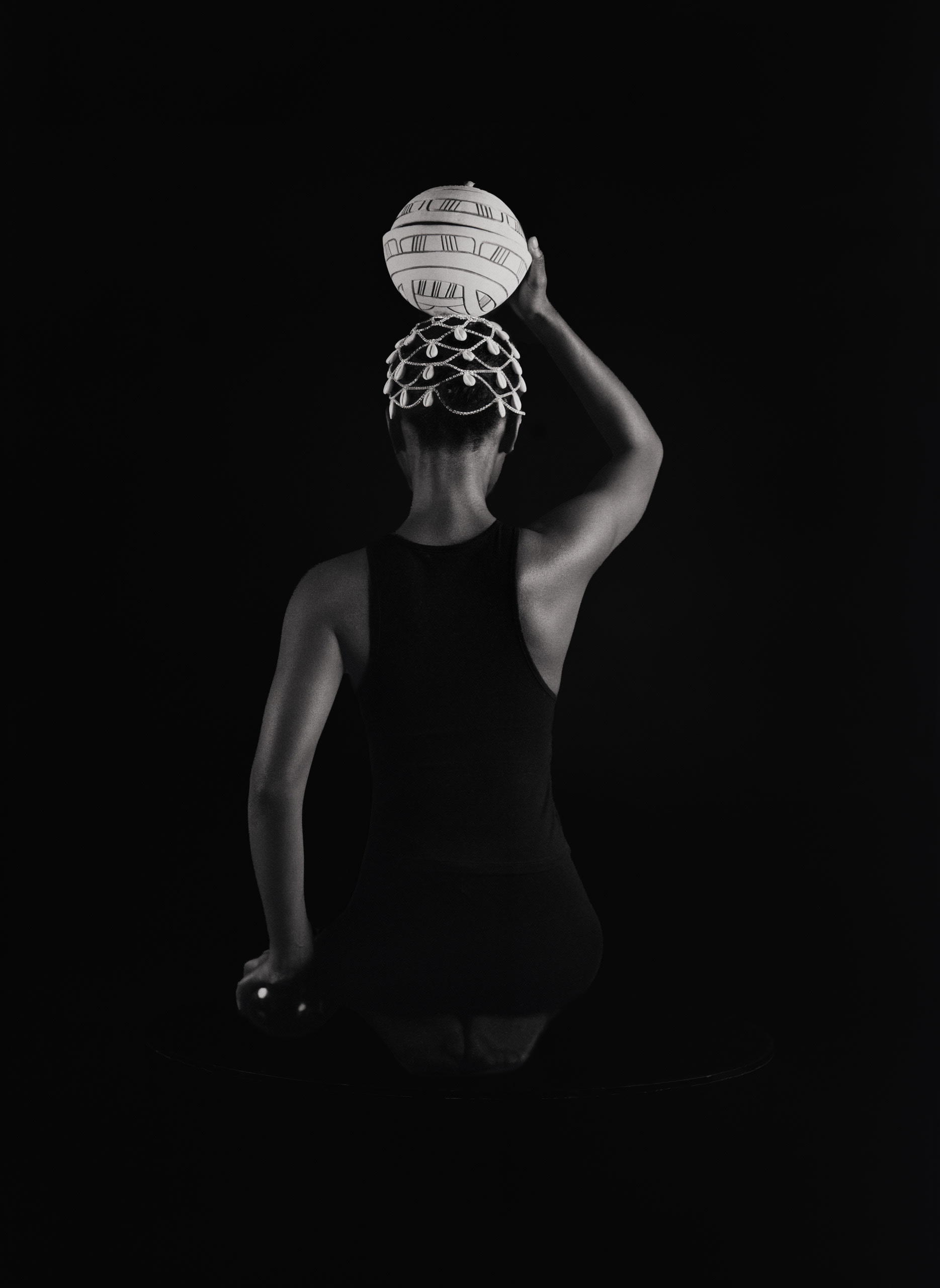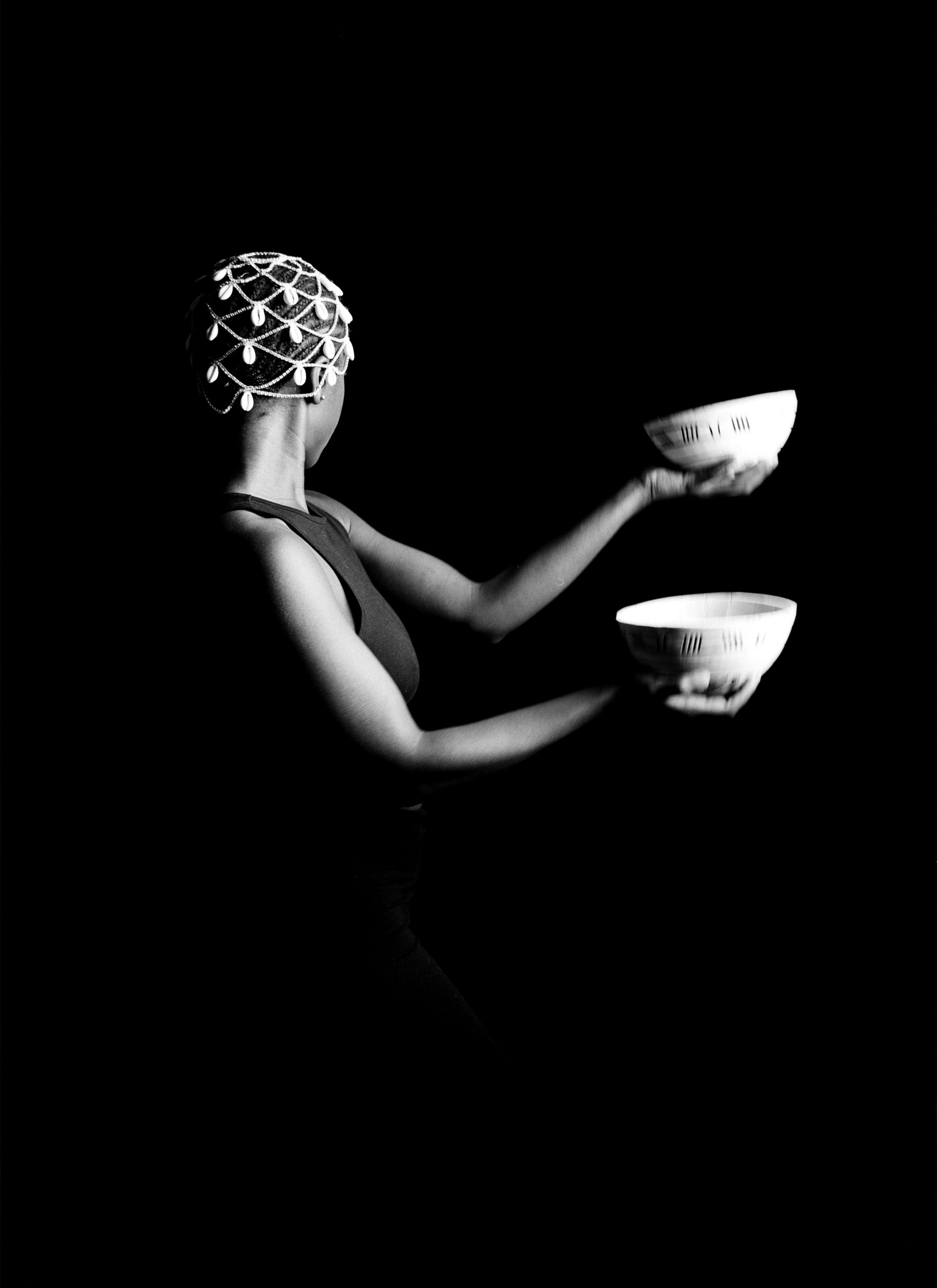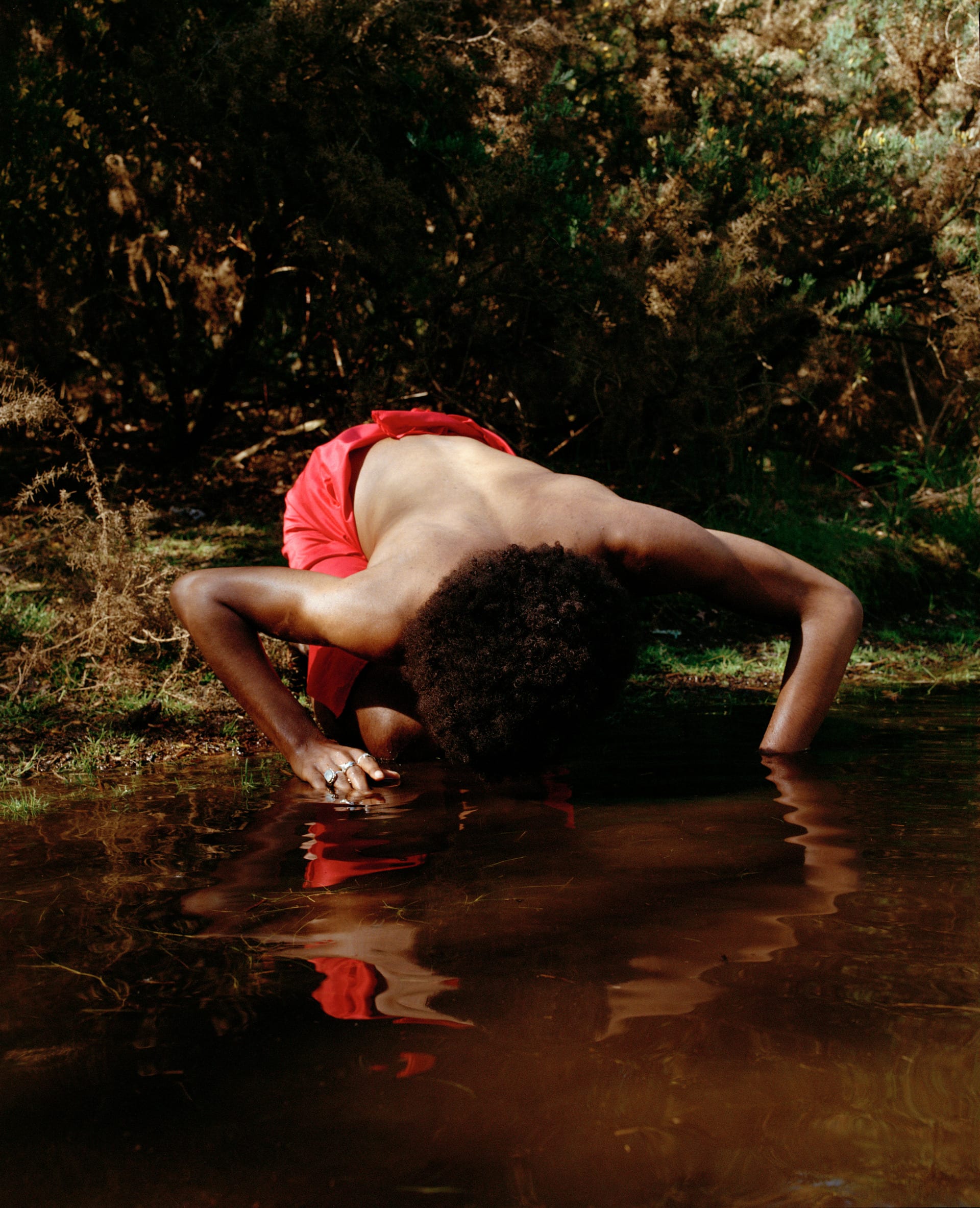Aisha Seriki ( b.1998) is a Nigerian visual artist based in London. At the age of 8, her family emigrated from Southeast Asia to the UK, and she has been residing in South London ever since. Aisha’s interest in photography stems from her father's obsession with documentation, particularly of her significant childhood events.
Her creative practice is driven by both imagination and experience. Grounded by the spirit of Sankofa, her practice invokes the historical past as a method to understand the present realities of existence.
Aisha graduated with a first class honours degree in Global Liberal Arts from SOAS University of London in 2020. Aisha is completing the MA photography programme at the Royal College of Art. In 2021 she was selected as a finalist for the Taylor Wessing Portrait Prize. Her work has been featured in GQ, Dazed and Gal-Dem.











